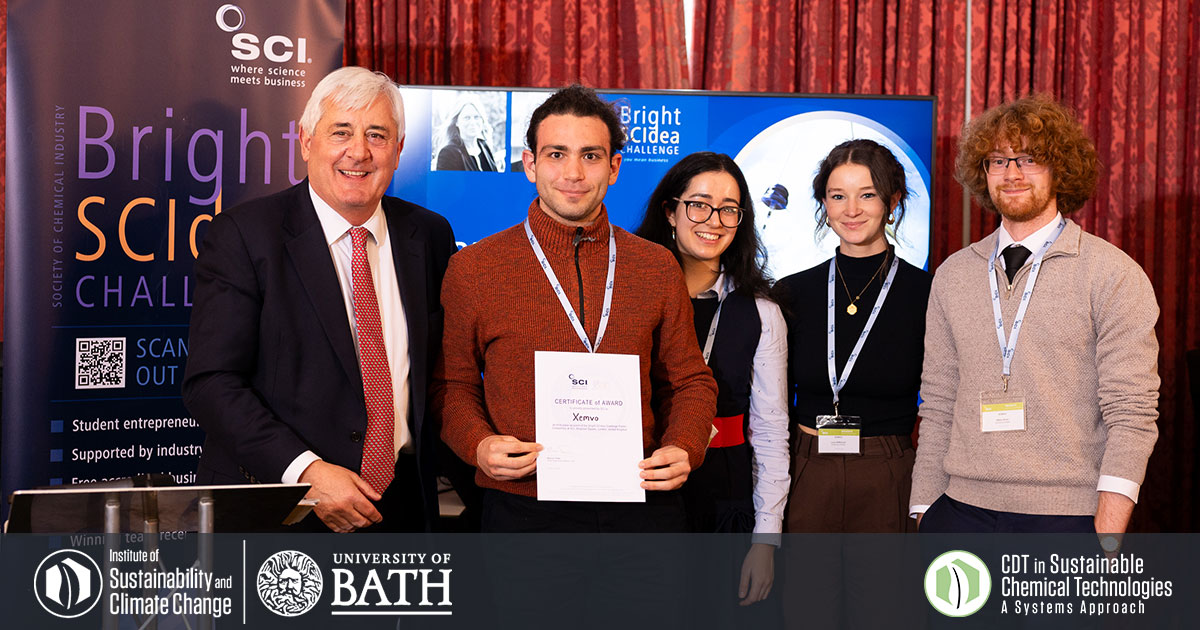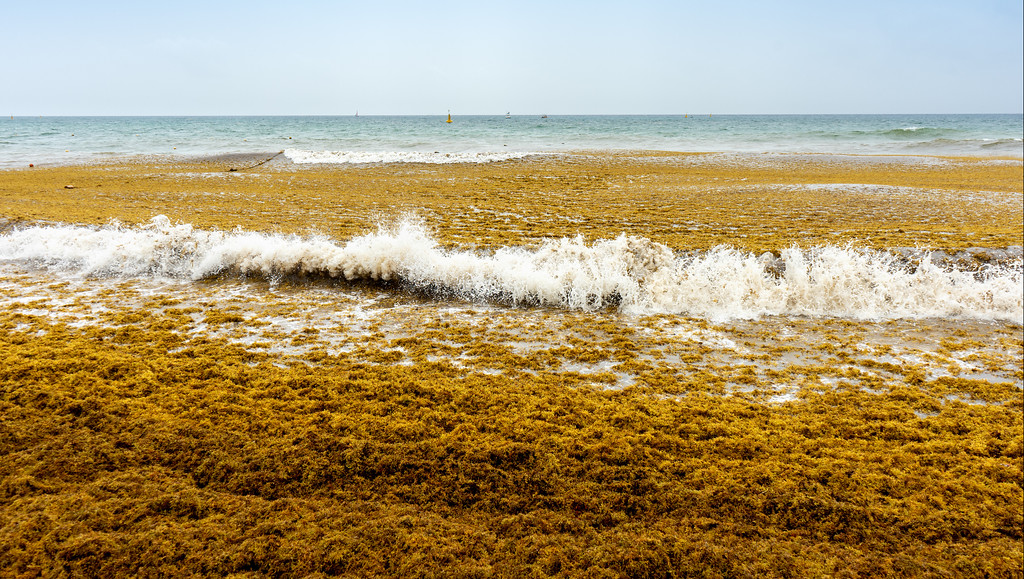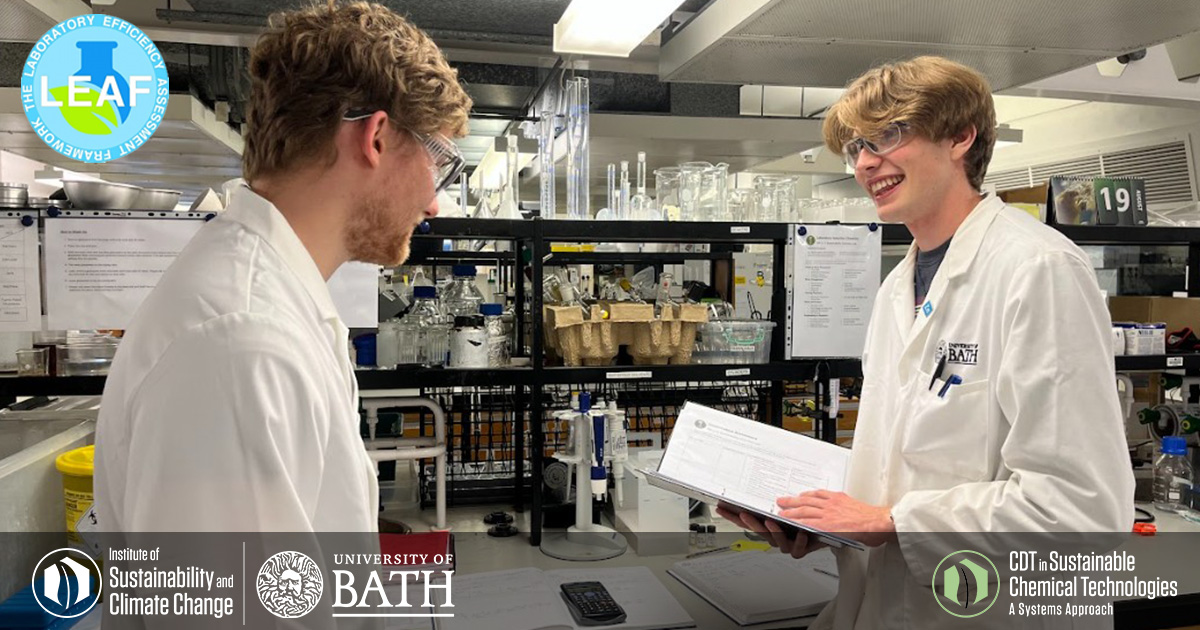
Building on prior successes at Bath, the CDT joins the growing number of LEAF-certified labs.
Laboratories are hubs of discovery, but they’re also some of the most resource-intensive spaces in any university. From high-energy equipment to single-use plastics, lab-based research carries a significant environmental footprint. At the University of Bath, our Centre for Doctoral Training in Sustainable Chemical Technologies (CSCT) is committed to changing that.
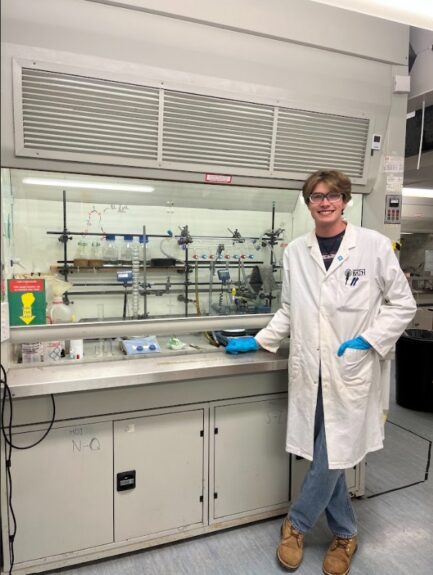
This year, Chemistry PhD student Edmund Dadge has set a new precedent by guiding his research lab to achieve both Bronze and Silver LEAF certification. A first for his department and a clear statement that scientific excellence and environmental responsibility can go hand in hand.
What is LEAF and Why Does it Matter?
The Laboratory Efficiency Assessment Framework (LEAF) is a sustainability programme developed by Sustainable UCL to help laboratories reduce carbon emissions, cut waste, and improve resource efficiency, all without compromising research quality.
Labs typically consume 3–10 times more energy per square metre than standard office spaces, and they generate an estimated 2% of global plastic waste. LEAF offers a practical, user-friendly toolkit for addressing these impacts, with Bronze, Silver, and Gold awards depending on the scale and depth of sustainability actions taken.
Since its launch, LEAF has been adopted by more than 23 institutions, with participating labs reporting average annual savings of 2.9 tonnes CO₂e and £3,700, proof that sustainable science is both achievable and cost-effective.
Taking the Lead
We’re known as the sustainable chemistry lab, so we should show that our practice reflects our research!
Edmund
Edmund first learned about LEAF through the University’s Doctoral Training page, after spotting an introduction to the programme run by the Sustainability Team. The session gave him the confidence that his lab could meet the criteria, bolstered by enthusiastic support from both of his supervisors.
The introduction was informative and made me think we can actually do this. Some of my own documents may even have ended up as examples of good practice on the Uni’s updated LEAF pages!
Edmund
From Small Steps to Big Change
Rather than focusing on one dramatic overhaul, Edmund’s approach was about lots of small, meaningful changes:
- Centralising information — Creating a Teams SharePoint for lab documents, ordering spreadsheets, risk assessments, and standard operating procedures.
- Embedding sustainability in training — Incorporating the 12 Principles of Green Chemistry into inductions, and adding sustainability considerations into risk assessments.
- Reducing waste — Adjusting oven and cold storage temperatures for energy savings; switching to non-sterile syringes (when sterility wasn’t needed) to cut single-use plastic.
- Simple reminders — Adding “End of the Day” checklists to sinks to prevent taps, lights, and equipment from being left on overnight.
These actions not only earned Bronze certification within the first six months of Edmund’s PhD, but also pushed the lab to Silver.
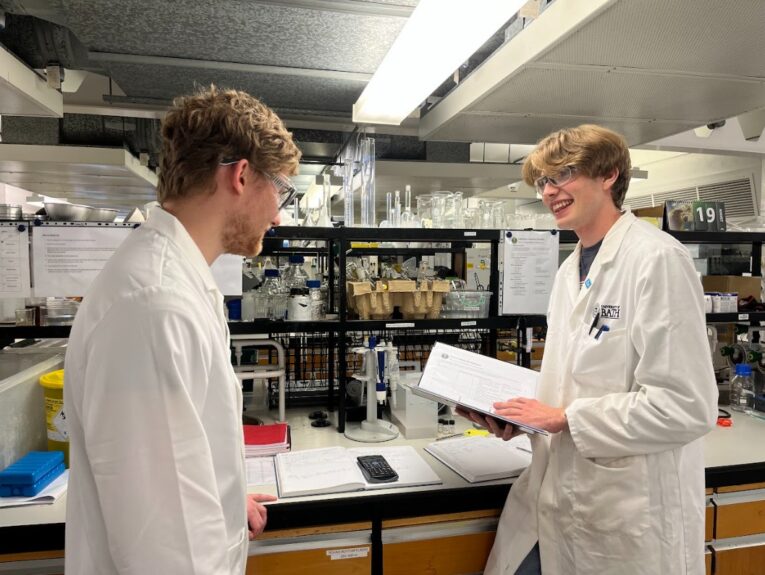
Tangible Impacts
The results have been clear:
- Significant reductions in plastic waste and energy use.
- More mindful treatment of consumables.
- Streamlined day-to-day operations through better organisation and shared resources.
One challenge remains: the disposable gloves essential for chemistry work still can’t be recycled or reused for safety reasons, something Edmund hopes will change with future innovation.
Shaping a Culture of Sustainable Research
For Edmund, LEAF has changed more than just the numbers, it has shaped how the lab functions:
It’s about organisation. New starters now have everything in one place. ChemInventory makes finding chemicals easy, even across lab groups. Day-to-day lab life just runs more smoothly.
Edmund
His advice to other labs?
Don’t dismiss it as too much work! Most labs at Bath could reach Bronze with only minor changes. A lot of LEAF is about reflecting on what’s already in place and formalising it, which also helps with lab management in the long run.
Edmund
More Than Just a Certification
For Edmund, this achievement is both a professional milestone and a personal confidence boost:
Chemistry produces a lot of waste. If we’re promoting sustainable practice, we need to lead by example.
Edmund
Looking Ahead
A short film featuring Edmund and his work is in production, and we look forward to sharing it soon. In the meantime, the ISCC and CSCT will continue building on this momentum, encouraging more labs at Bath to join the LEAF programme and embedding sustainability into the heart of our research culture. It’s also encouraging to see progress within CDT labs themselves, with one group having already secured Bronze and a new lab being set up with Bronze practices in place from day one.
Because at Bath, reproducible research is sustainable research, and thanks to Edmund, we’ve taken an important step towards both.
Further Reading:









